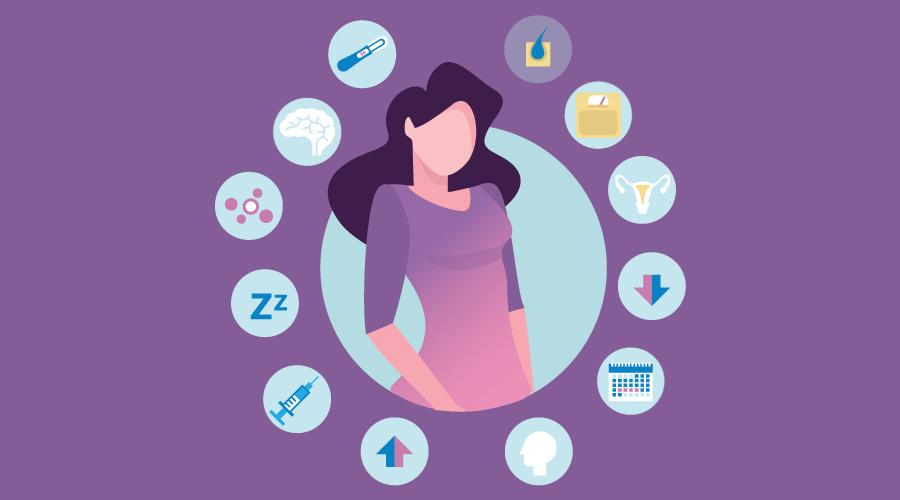Women’s health: Women’s health concerns have historically been under-researched and underfunded, leading to disparities in healthcare access and outcomes.
Topics in this area may include reproductive health, breast cancer, and the impact of gender bias on healthcare.
Women’s health has been a topic of increasing concern in recent years, as a growing body of research highlights disparities in healthcare access and outcomes for women. From reproductive health to breast cancer, there is a range of issues that affect women’s health and well-being.
One key area of focus is reproductive health. Access to reproductive healthcare has been a hotly contested issue in many countries, with debates around topics such as abortion rights and contraception.

Women’s ability to control their reproductive health has a significant impact on their overall health and well-being, as well as on their social and economic opportunities.
Breast cancer is another area of concern for women’s health. Breast cancer is the most common cancer in women worldwide, and it is estimated that one in eight women will develop breast cancer at some point in their lives.
Early detection and treatment play a crucial role in improving outcomes for various health conditions.
Gender bias is another issue that can impact women’s healthcare experiences. Women may be less likely to receive appropriate care for certain conditions, or they may face stigma or discrimination when seeking care.
Creating awareness and providing training can help healthcare providers better understand and address gender biases in pain management.
Women face unique health challenges, including conditions like osteoporosis, autoimmune diseases, and mental health concerns.
We must consider the broader social and economic determinants of health. By addressing these factors collectively, we can work towards equitable healthcare for all.
Despite these challenges, there have been many positive developments in the field of women’s health in recent years. For example, advances in breast cancer screening and treatment have led to significant improvements in survival rates.
Research on autoimmune diseases is progressing rapidly, offering hope for improved outcomes.
By addressing these factors, we can reduce disparities in healthcare access and outcomes.
Addressing poverty, discrimination, and access to education and job opportunities can enhance women’s health and well-being.
Another promising development in women’s healthcare is the use of technology to improve access to care and support. Telemedicine, for example, allows women to connect with healthcare providers remotely, reducing barriers to care such as transportation and cost.
The use of wearable health technology offers a convenient and personalized approach to staying healthy.
Conclusion
Women’s health is a complex also multifaceted issue that requires ongoing attention and action. From reproductive health to breast cancer and beyond, there is a range of concerns that affect women’s health and well-being.
Combining medical interventions, addressing social and economic factors, also leveraging technology is crucial. 온라인카지노사이트
By addressing these challenges collectively, we can create equal opportunities for all women.
